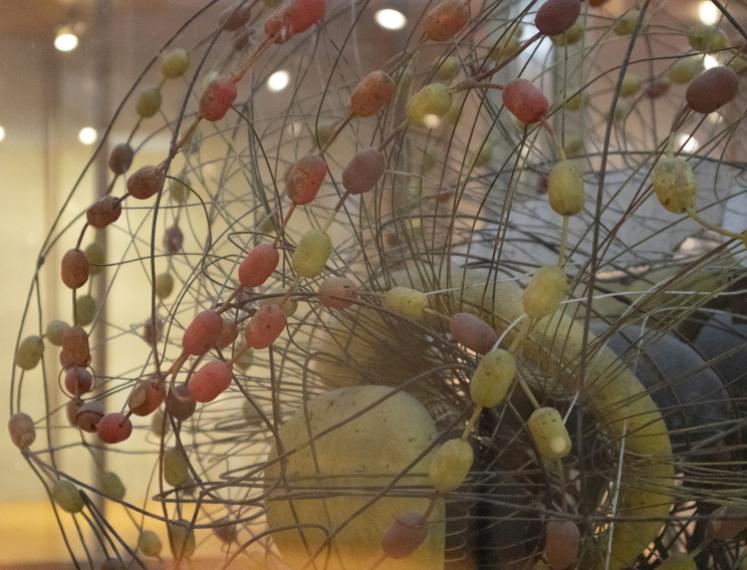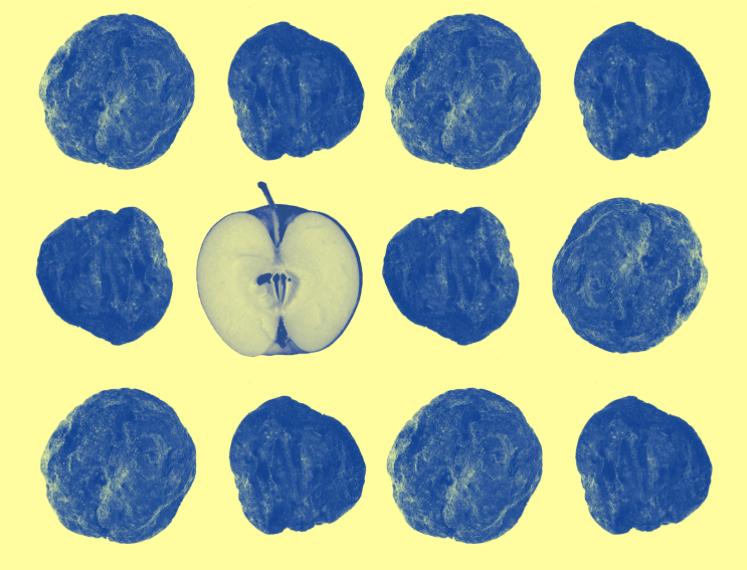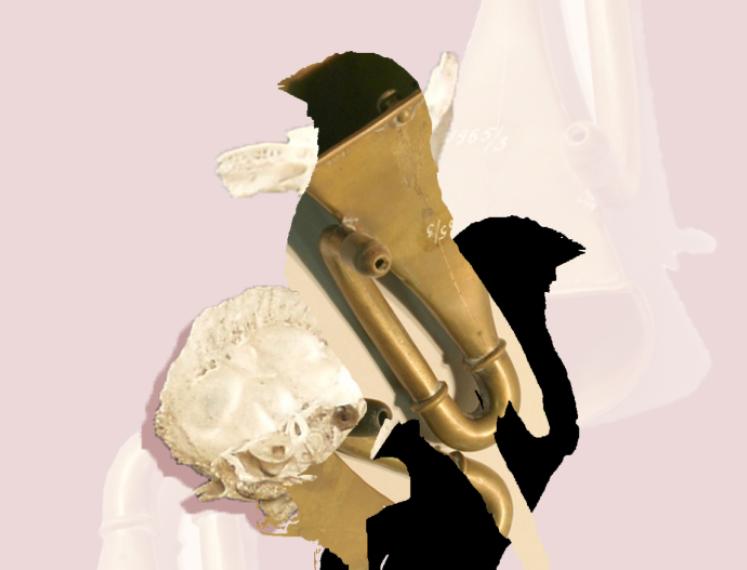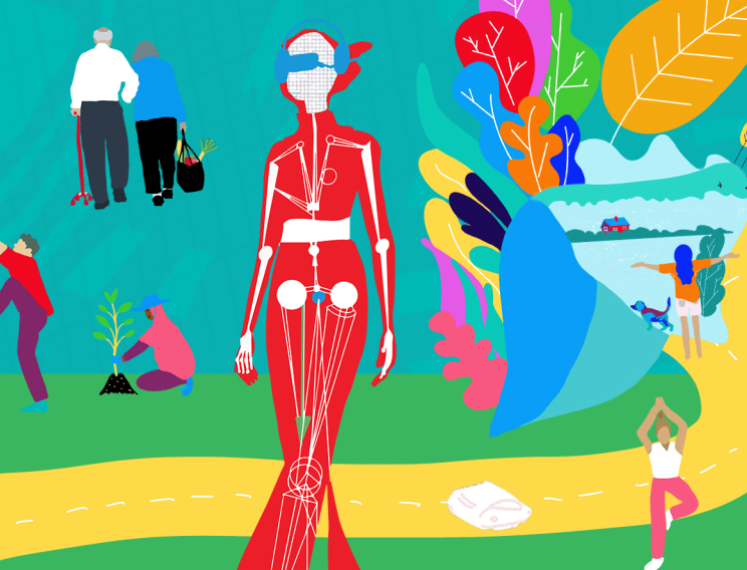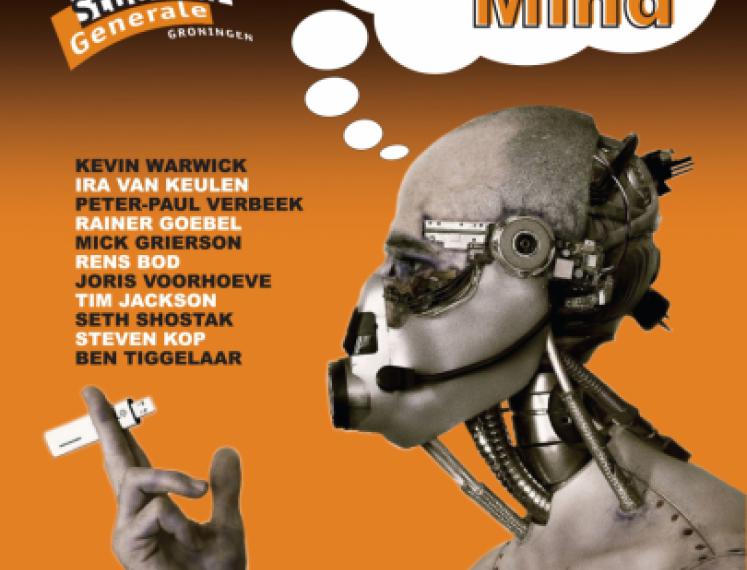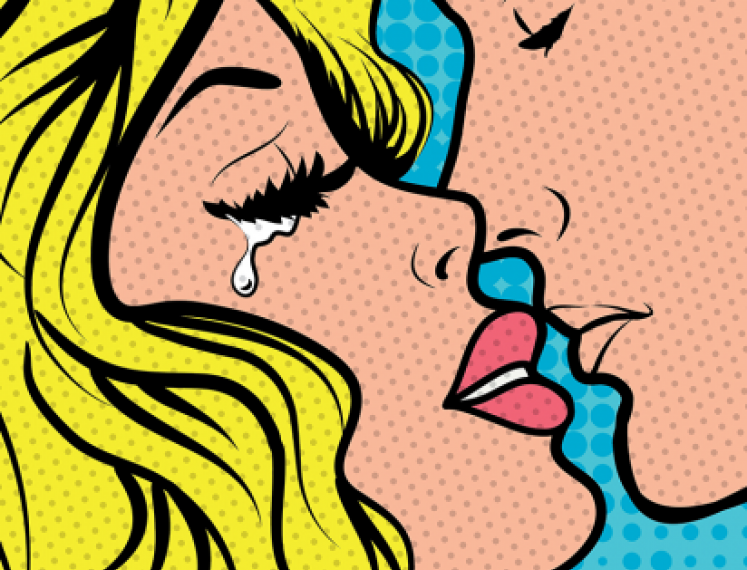Academy Building
Broerstraat 5
9712 CP Groningen
Nederland
Brainstorm
Under your skull lies an incredibly complex network of about 86 billion brain cells, also known as neurons. These cells together form your brain and are responsible for everything you think, feel, and do. Thanks to modern techniques such as brain scans, we now understand more about neurotransmitters, the cooperation between brain regions, and even the influence of our gut microbiome, often referred to as our 'second brain'. Your brain determines your personality, memories, desires, and the way you move your body. Did you know that the brain is responsible for how we experience time? That it regulates our emotions? How your brain processes information means you can perceive things that aren’t really there. How does that work?
How have we studied the brain throughout the ages? In this edition of Collector's Items, neuroscientist Franciska de Beer, cognitive neuroscientist Wouter Kruijne, and Audrey Rousse-Malpat, assistant professor in Second Language Acquisition, will reflect on a model of the human brain, which was likely the first to visualise how our brains relay information. Which essential role does the brain play in their research?
Collector's Items
In the series 'Collector’s Items', Studium Generale, in collaboration with the University Museum, provides a kaleidoscopic cross-section of the large collection of the University Museum. Each edition, scientists and researchers gather around one of the objects and share their knowledge about the theme, which offers a beautiful and sometimes surprising view of the development of science.
Organised by Studium Generale Groningen and the University Museum of Groningen in relation to their newest exhibition 'Brainstorm', which opens to the public on 15 February. If you order a ticket for Collector's Items, you'll receive a voucher code for 50% discount on tickets for the University Museum.
This edition is also co-organised with Science on Wednesday. Science on Wednesday wants to amaze, teach and fascinate you about the art of brain research. Students of Academie Minerva created artworks based on 50 scientific findings about the brain. Their translation makes the dry science attractive and tangible.
Are you not able to attend? Watch the livestream here!
